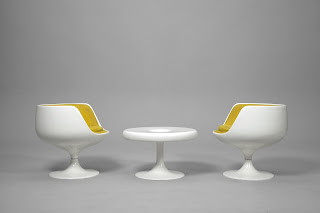Adam Willaearts's Beach with Fishermen Painting
This painting is an illustration of the
beach scenes depicted in the metropolis by the Willaerts family, who mixed the
two typical genres of Dutch painting in their work: seascapes and genre scenes.
They're derived from similar compositions by Hendrick Cornelisz. Vroom (ca.
1566-1640), though the lower horizon line used by Adam Willaerts paintings
endows the scenes with bigger abstraction depth that is any accentuated by the
strip of the sunshine blue ocean just under the horizon. The canvas has been
blocked on the two sides and, therefore, the scene might be boxed on either
aspect by rocky shores, fortresses or alternative integrative parts, as was
common in Adam Willaearts Willaert's paintings.
The seascape seems to be supposed
parenthetically the assorted vessels happiness to the Dutch fleet: a rowboat,
fishing boats, galleys and frigates characteristic of the Dutch East Indies
Company - the strict of 1 of that displays the coat of arms of town of capital
of The Netherlands at totally different stages within the manoeuvres to hoist
and take down the sails.
Willaerts continues to use this structure
even when the new naturalist trend that sweptback through Dutch painting within
the 1620s had caused it to become superannuated. the house is organized a lot
of skillfully than in alternative similar scenes painted by Willaerts, like
Coastal Landscape with Ships, dated 1616 (Vaduz, a group of the blue blood of
Lichtenstein). The handling in Adam Willaearts paintings of the water`s surface
victimisation parallel bands of little foam-crested waves may be a typical
formal device of Willaerts, that he 1st utilized in his famed scene Defeat of
the Spaniards at headland by a Dutch Fleet, dated 1617.
The genre scene on the shore depicts the
arrival of the day`s catch, that is carted onto land and opened up on the sand
by the fishermen to be sold-out. The array of fish to the correct of the
foreground is another of the individual options of those Willaerts scenes. From
1650 onwards he was working as a motor-assisted with Willem Ormea
(1591/1611-1673), a painter specialised in fish still lifes (Posada Kubissa,
T.: Pintura holandesa nut el Museo Nacional del Prado. Catálogo razonado, 2009,
pp. 154-155).
if you want to buy this Painting you can Visit our site:



Comments
Post a Comment